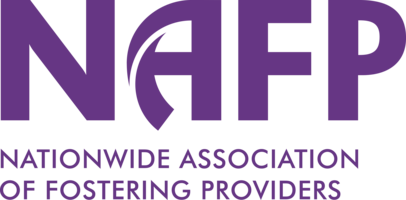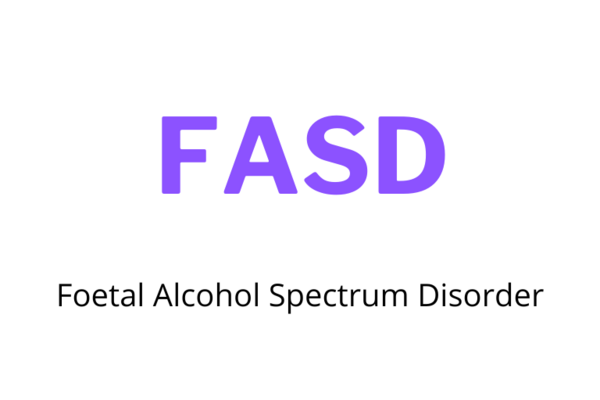Many of the children we look after in the care system are described as “complex”, “challenging” or “difficult”. The reasons for this are generally attributed to things such as attachment issues, as the result of trauma, or as the result of poor parenting. But are we considering that they may be foetally affected by alcohol?
Children in the care system are over-represented in terms of FASD (unsurprisingly as they often come from scenarios where alcohol will have featured heavily e.g. domestic violence, mental health issues and substance misuse) so although accurate rates of prevalence are difficult to obtain, recent research suggests it can be anything from 27% to 60% of children in the care system that may be affected. This compares to rates for the whole population that again are unclear but thought to be anywhere between 4% and 17%.
Foetal Alcohol Spectrum Disorders (FASD) are the result of alcohol being consumed during pregnancy. Alcohol, being both a neurotoxin and a teratogen, can damage any part of the developing embryo, but in particular it can damage the brain, most specifically the midline of the brain, causing neurodevelopmental issues.
As alcohol can impact on, and effect, any part of the embryo, it means that every child affected is affected uniquely, but because we know where the alcohol is most likely to have an effect, we can see common traits which include:-
- Poor impulse control
- Difficulties with emotional regulation
- Issues in retrieving and storing information
- Issues in receptive language
- Poor auditory functioning
- Specific facial features (but only in about 10% of cases)
Many of these outcomes can be confused with, or mistaken for, other conditions such as ADHD, ASD, PTSD and, especially for children in the care system, “attachment” concerns. Equally though, those affected may not have a diagnosis of any condition whatsoever but may be viewed by society as “naughty” children, with challenging behaviours, or the result of poor parenting.
It is therefore vital that everyone working with children, but especially those working with children in, or on the edge of, the care system, know about FASD, how it is caused, how the brain can be affected and, most crucially, how they can help children who have been impacted.





